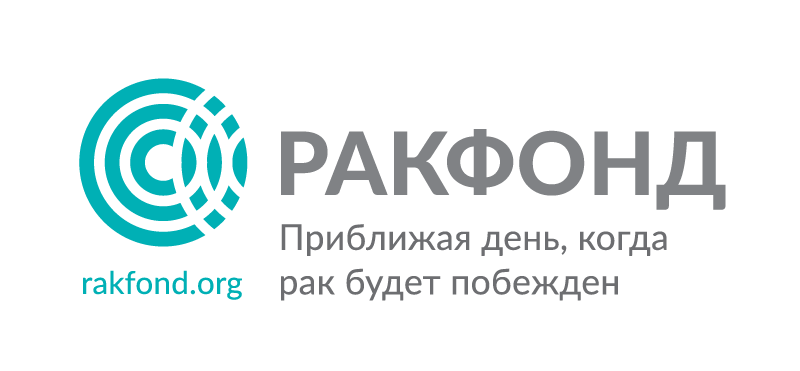PLATINUM-BASED CHEMOTHERAPY IN TREATMENT OF PATIENTS WITH PLATINUM-RESISTANT RECURRENT OVARIAN CANCER
Ovarian cancer is one of the most sensitive tumors to chemotherapy – in most cases it is possible to achieve complete tumor regression affected by modern drug treatment.
Unfortunately, despite these successes, a large number of patients have developing relapses after the initial treatment, which entails the need for repeated chemotherapy.
In recurrent ovarian cancer, current standards of therapy suggest treatment depending on the time elapsed since the completion of platinum-containing chemotherapy.
In cases when less than 6 months have passed since the end of the treatment, recurrence of ovarian cancer is considered to be platinum-resistant, which results in extremely limited use of platinum-containing chemotherapy for the treatment of this category of patients.
Our research team carried out a systematic analysis of the results of all studies on the treatment of platinum-resistant recurrent ovarian cancer. We analyzed 7156 publications in national and foreign medical literature, after their careful study 197 studies were selected for the final analysis. The selected studies included a total of 8257 patients with recurrent ovarian cancer, 1320 of them received platinum-containing chemotherapy, 6937 patients received non-platinum chemotherapy.
The results of the study demonstrated that the carrying out of platinum-containing chemotherapy in the context of the so-called “platinum-resistant” recurrence of ovarian cancer can significantly increase the rate of tumor response to chemotherapy. Thus, associated with the use of platinum agents, expressed regression of the tumor process was observed in 36% of patients, compared with 14.9% of patients against the non-platinum chemotherapy. The results of linear regression analysis confirmed the statistical significance of this finding.
In addition, we were also able to identify a trend towards improved survival without progression – that is, the time when the disease is under control after treatment. Median progression-free survival was 7.2 months in the platinum chemotherapy group versus 3.3 months in the non-platinum chemotherapy group.
The results of this systematic analysis were presented at the Congress of the European Society of Medical Oncology ESMO 2020 – the largest event in the world of oncology in Europe, which was held in September. The study was selected for presentation as a poster report.
These data formed the basis for the development of the clinical study concept of the platinum-based chemotherapy efficacy in platinum-resistant ovarian cancer, which was supported by a grant from RakFond in 2019: https://www.rakfond.org/rumyantsev-2019-01/.
The patient enrollment is currently ongoing for the second EPITROC randomized phase study, which is dedicated to a direct comparison of these treatment options for “platinum-resistant” recurrent ovarian cancer. 15 patients have already been included in the study.
“Despite the fact that the long-term results of platinum-resistant recurrences of ovarian cancer treatment are still unsatisfactory, we believe that studies devoted to solving this problems move us forward, and soon they will be able to give hope for a long life to many patients with this disease. ” as Alexey Rumyantsev commented (N.N.Blokhin National Medical Research Center of Oncology), who received a grant from the RakFond.
Learn more about study design: https://clinicaltrials.gov/ct2/show/NCT04055038

